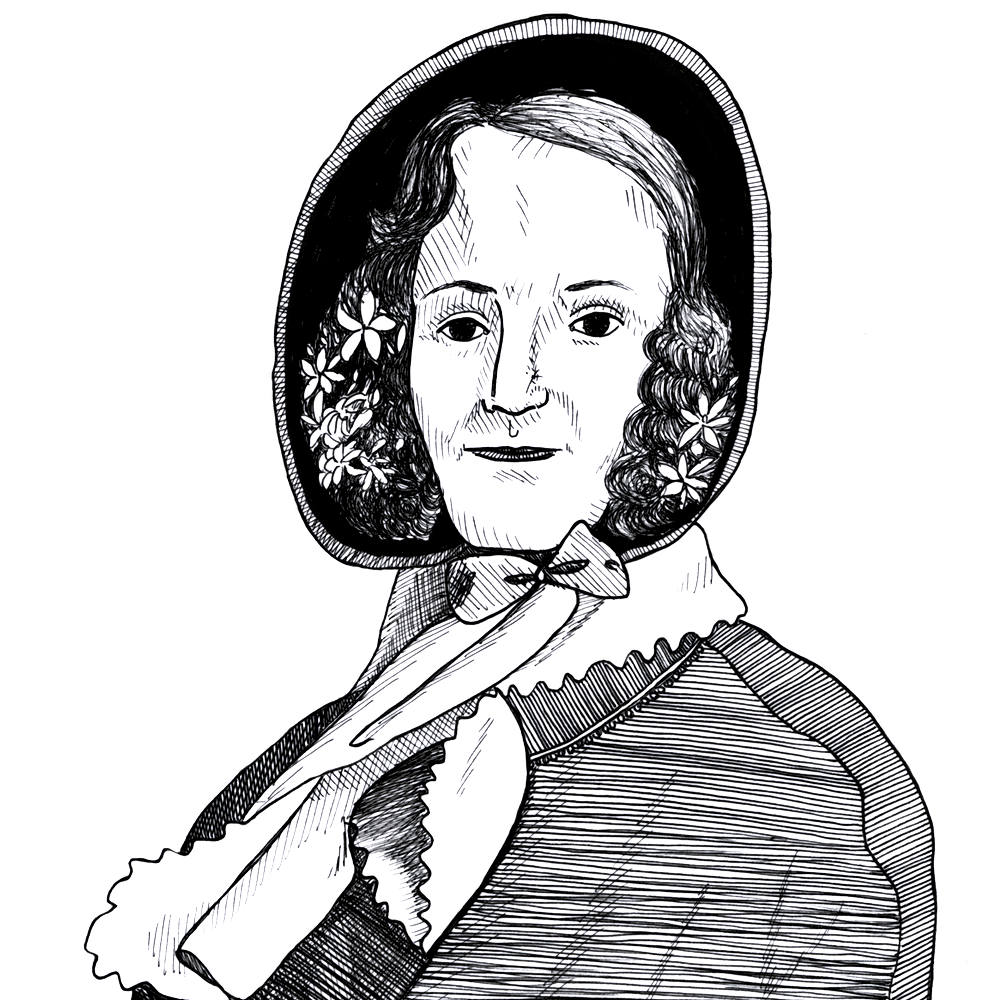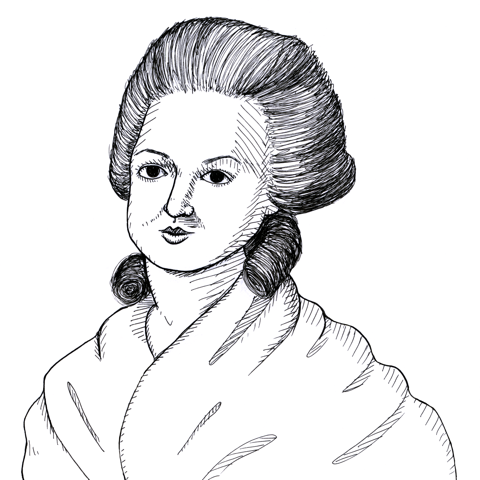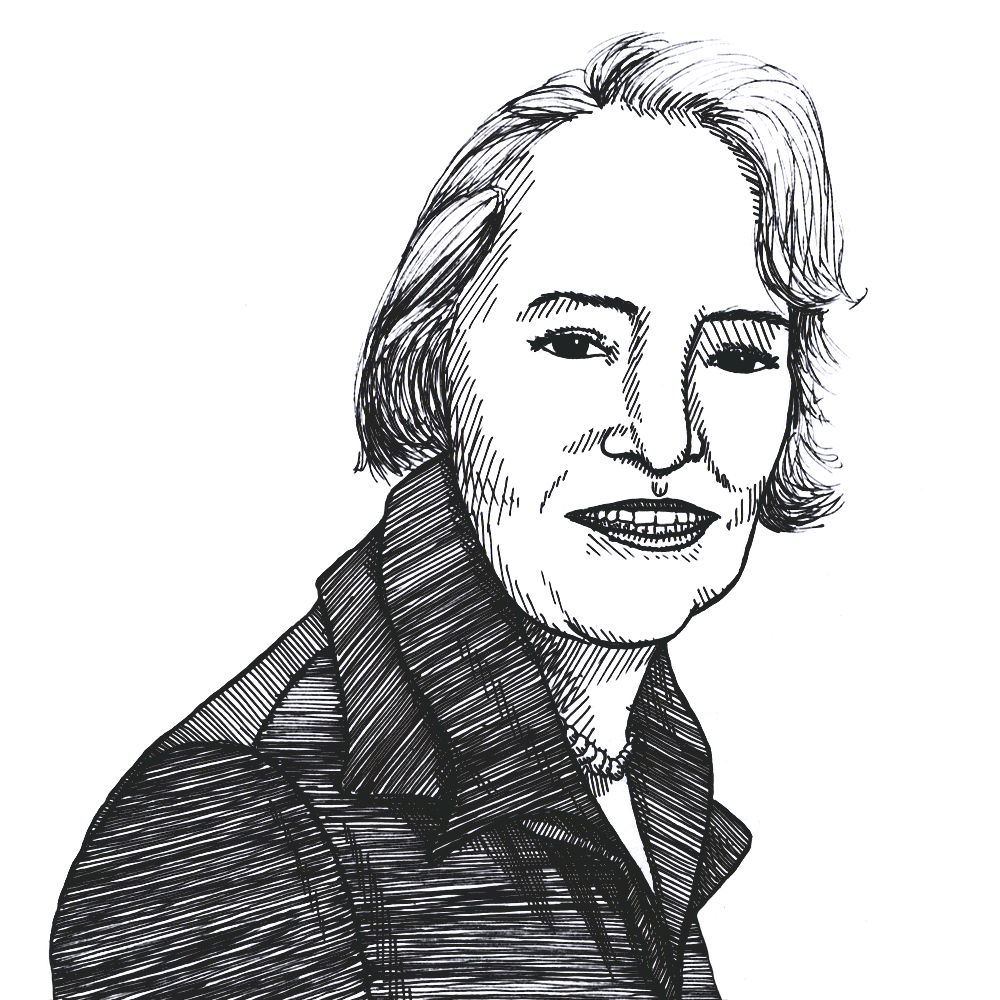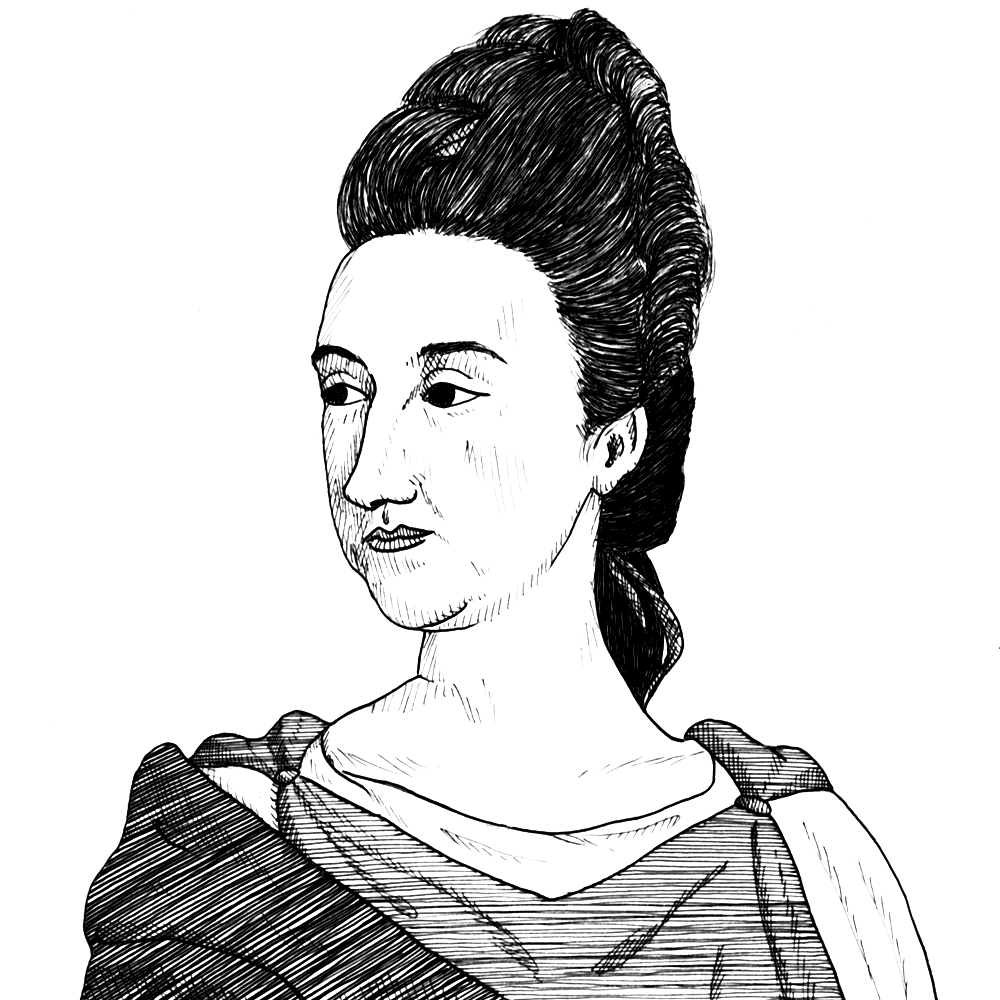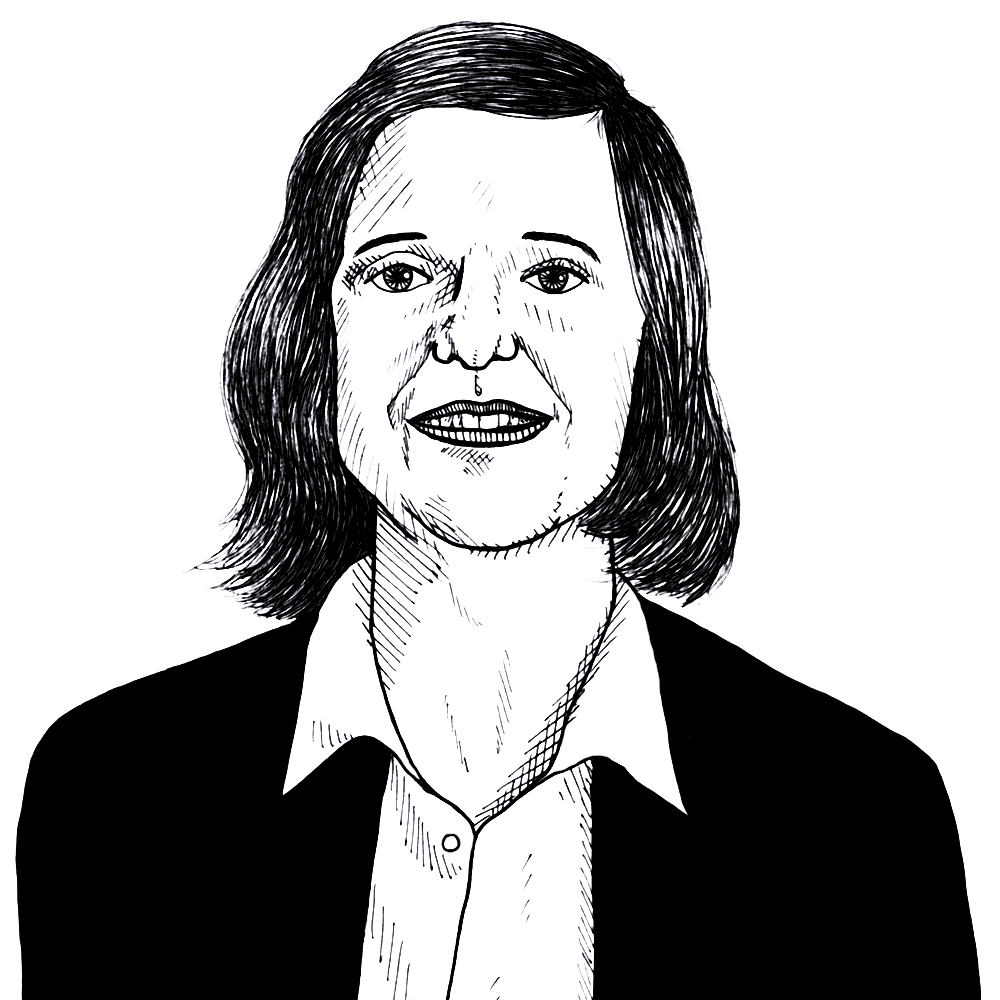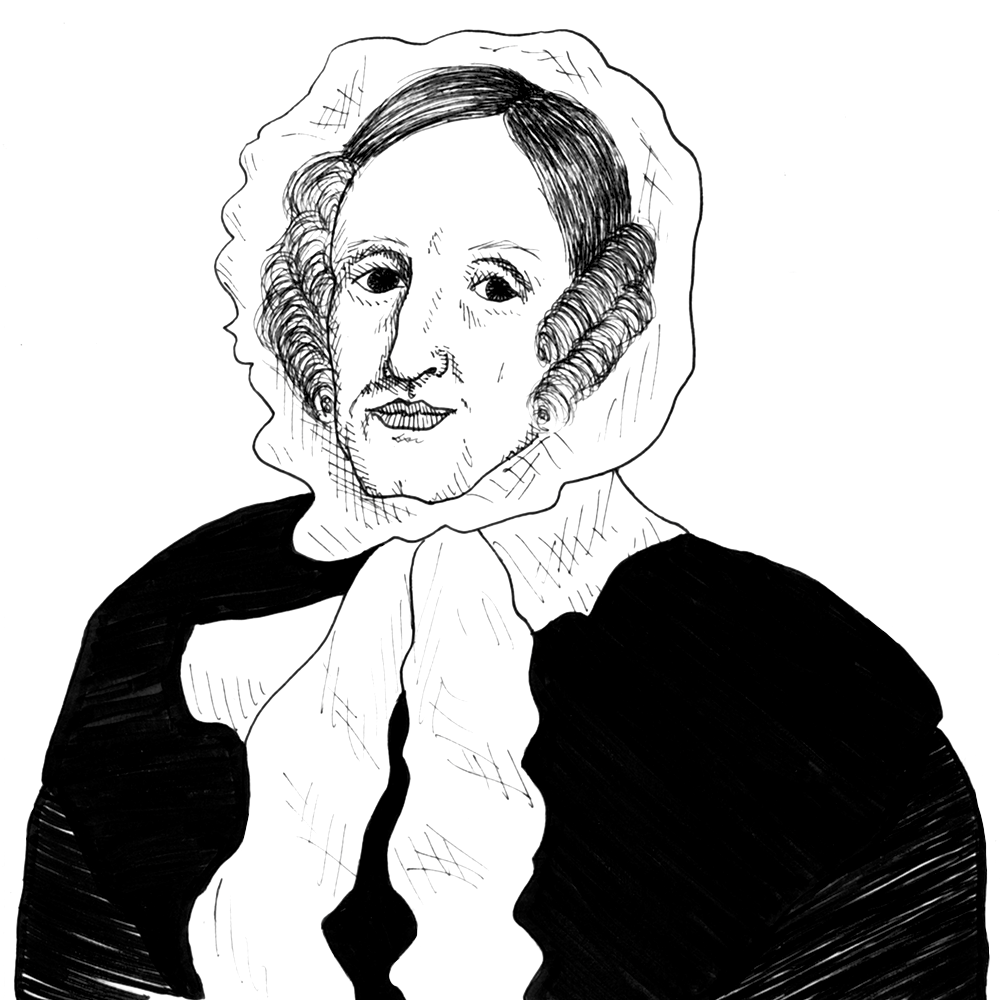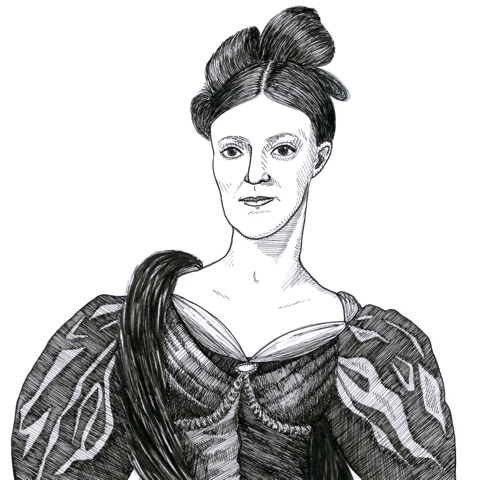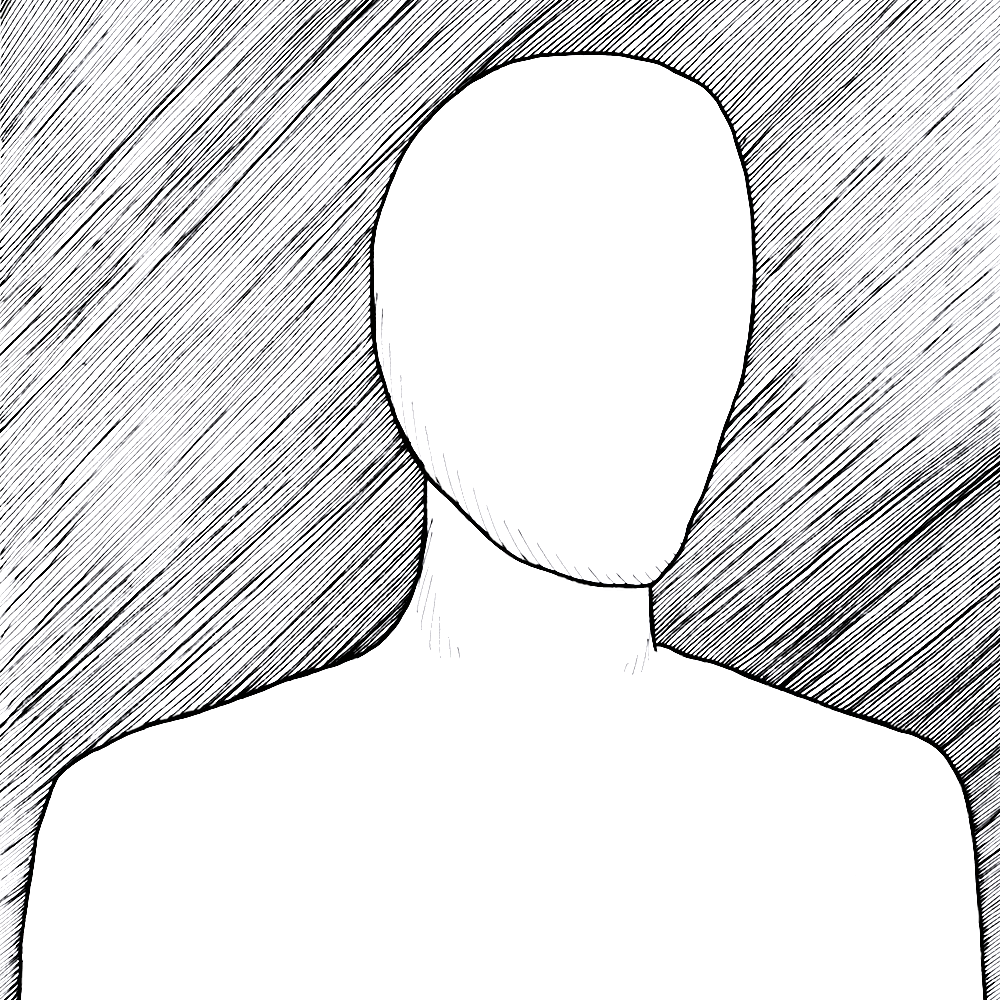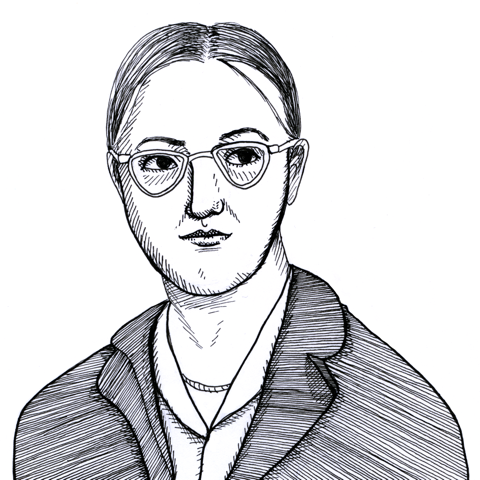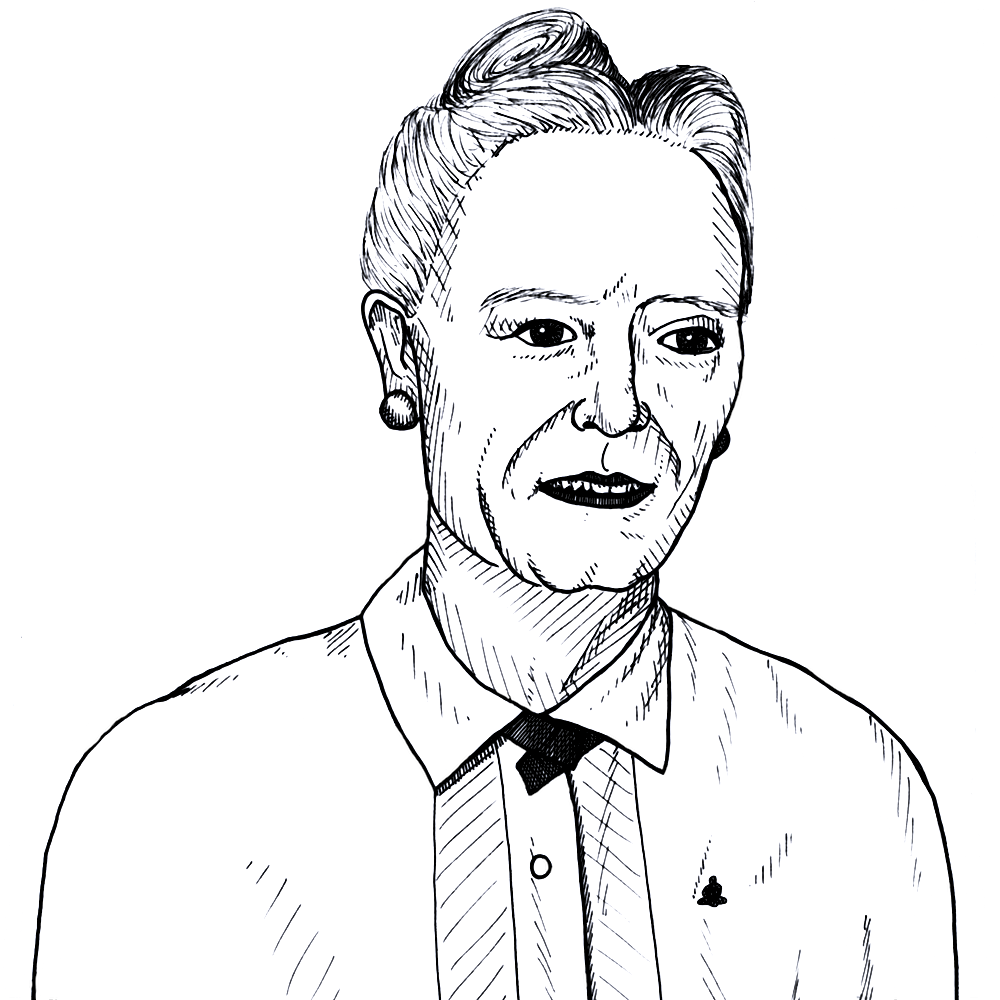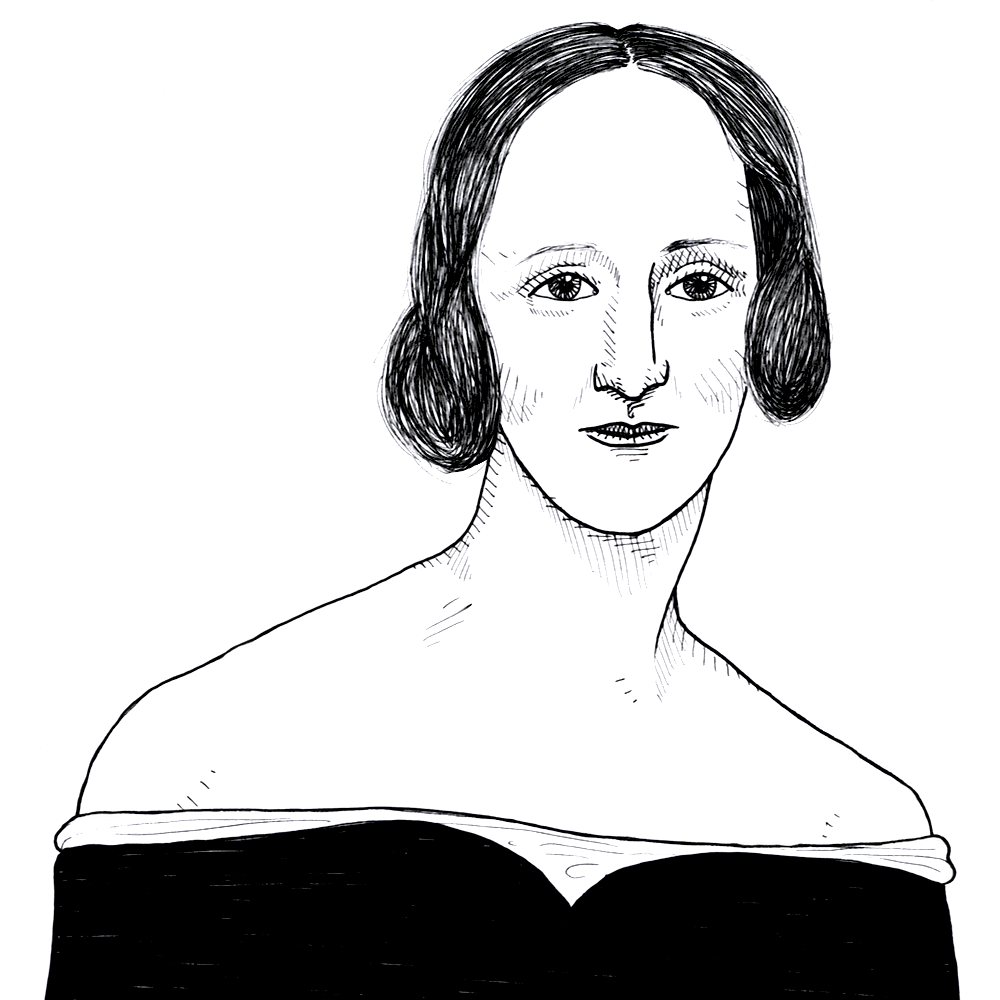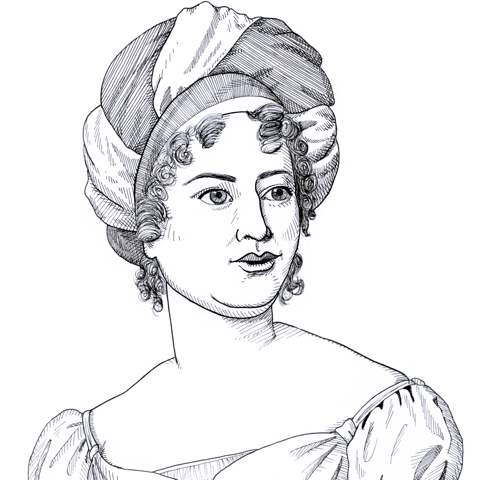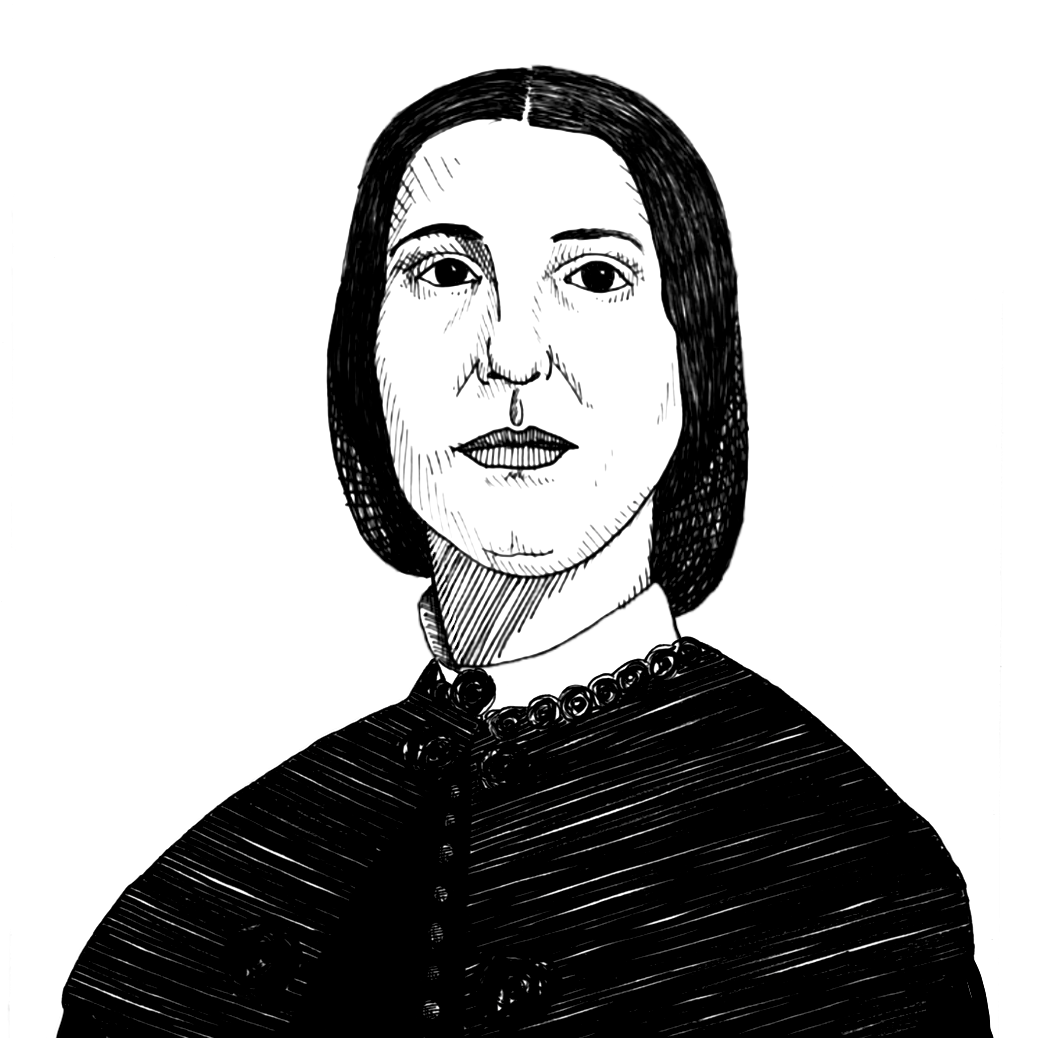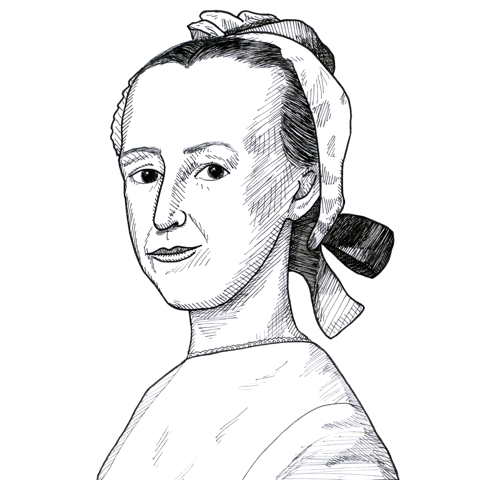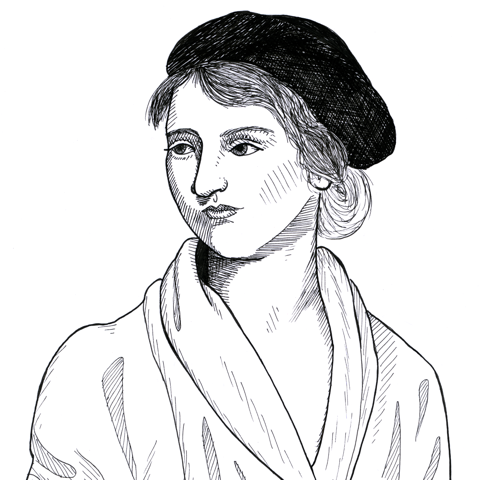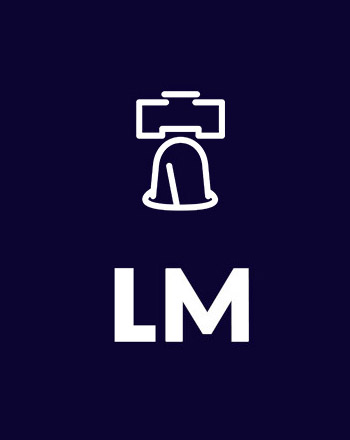Women on Liberty
About this Collection
Many women authors have contributed to our understanding of the nature of individual liberty and limited government through their writings about history, economics, and political philosophy.
Key People
Titles & Essays
Quotes
Women’s Rights
Harriet Taylor wants to see “freedom and admissibility” in all areas of human activity replace the system of “privilege and exclusion” (1847)
Presidents, Kings, Tyrants, & Despots
Madame de Staël argues that Napoleon was able to create a tyrannical government by pandering to men’s interests, corrupting public opinion, and waging constant war (1817)
Liberty
Madame de Staël on how liberty is ancient and despotism is modern (1818)
Presidents, Kings, Tyrants, & Despots
Madame de Staël on the tyrant Napoleon (1818)
Women’s Rights
Mary Wollstonecraft believes that women are no more naturally subservient than men and nobody, male or female, values freedom unless they have had to struggle to attain it (1792)
Women’s Rights
Mary Wollstonecraft likens the situation of soldiers under a tyrant king to women under a tyrant husband (1792)
Women’s Rights
Mary Wollstonecraft’s “I have a dream” speech from 1792
Education
Mary Wollstonecraft, Education, and the Young Mind
Politics & Liberty
Mercy Otis Warren asks why people are so willing to obey the government and answers that it is supineness, fear of resisting, and the long habit of obedience (1805)
Revolution
Mercy Otis Warren on Civil and Religious Rights and Tyranny
Women’s Rights
The Women of Seneca Falls and William Blackstone


